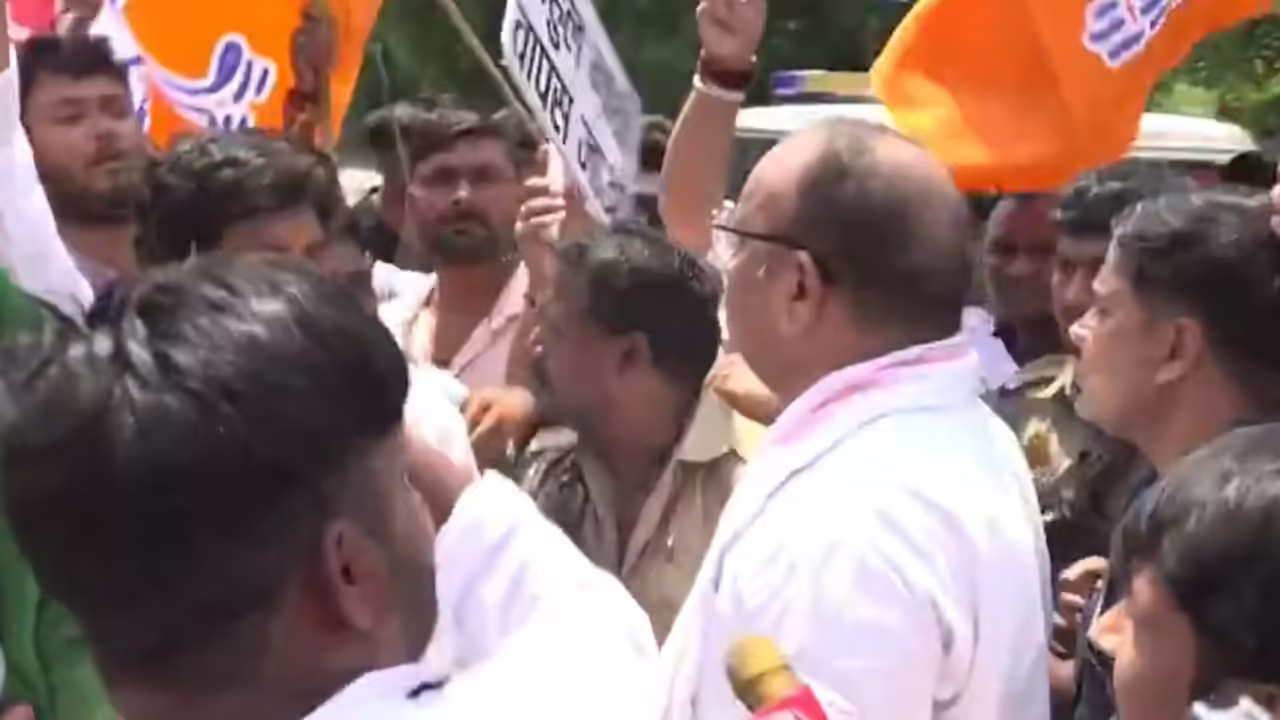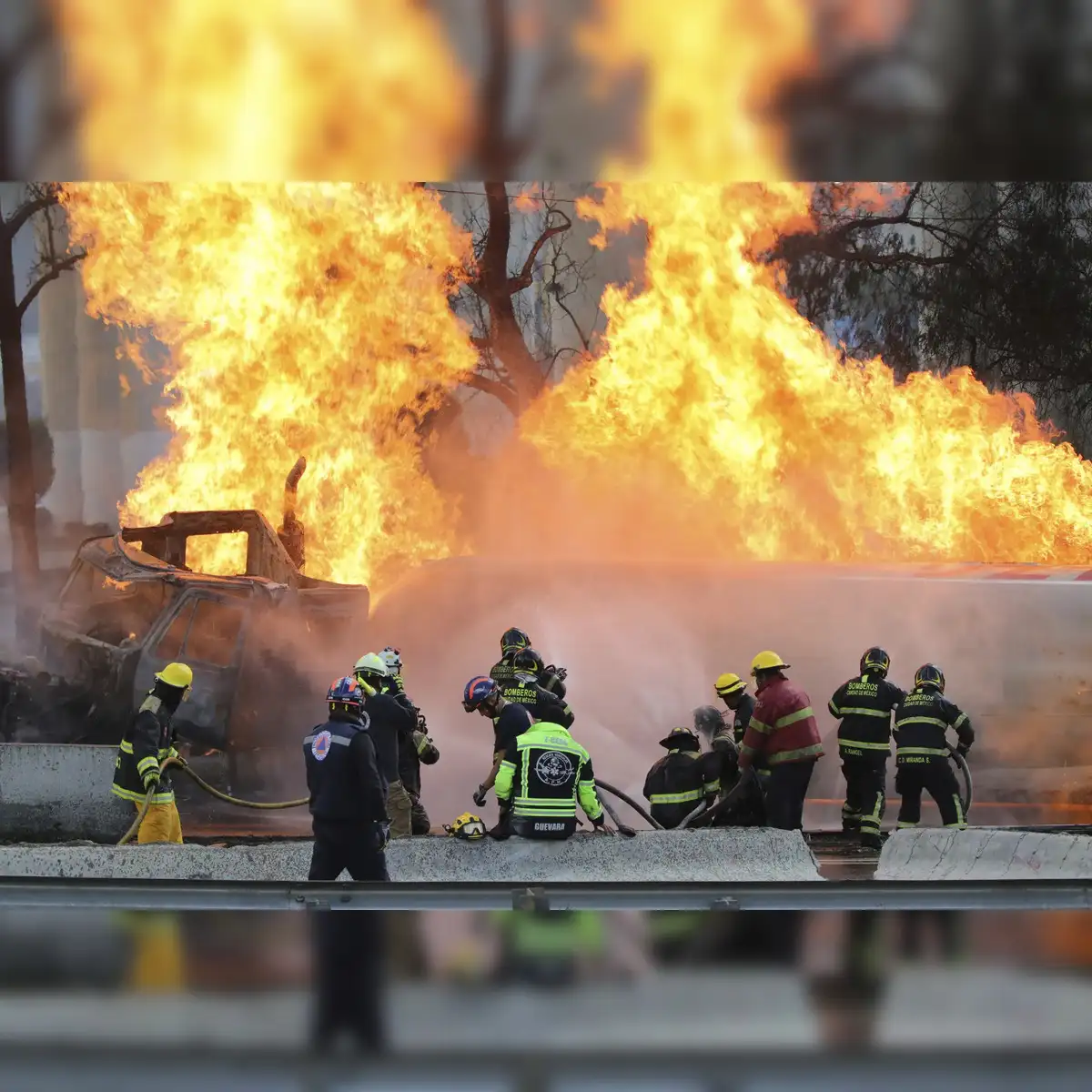Now Reading: UP Minister Stages Highway Protest, Demands Apology from Rahul Gandhi Over Alleged Insult to PM’s Mother
-
01
UP Minister Stages Highway Protest, Demands Apology from Rahul Gandhi Over Alleged Insult to PM’s Mother
UP Minister Stages Highway Protest, Demands Apology from Rahul Gandhi Over Alleged Insult to PM’s Mother

In a dramatic political standoff in Raebareli, Uttar Pradesh, state minister Dinesh Pratap Singh led a highway protest on September 10, 2025, demanding Congress MP Rahul Gandhi apologize for alleged derogatory remarks made about Prime Minister Narendra Modi’s mother during the party’s ‘Vote Adhikar Yatra’ in Bihar. Singh and his supporters staged a dharna on the Kathwara highway, raising slogans such as “Rahul Go Back” and “Desh Ki Maon Se Maafi Maango.”
The Alleged Incident
The controversy stems from a viral video showing a 25-year-old man in Darbhanga, Bihar, making expletive-laden remarks about PM Modi’s late mother during the Congress event. While the local Congress organizer Mohammad Naushad apologized, claiming the comments were made after Rahul Gandhi had left the venue, BJP leaders accused the Congress of endorsing such behavior. Deputy CM Samrat Choudhary and other NDA leaders condemned the language used, calling it harmful to democracy. The Bihar State Women Commission has sought strict action.
Minister Singh’s Protest
Singh, a cabinet minister in the Yogi Adityanath government and a known political rival of Gandhi in Raebareli, sat on a dharna with his supporters on the route of the convoy, raising slogans of “Rahul wapas jao.” The agitation forced the convoy to halt nearly a kilometre before its scheduled destination. When police attempted to remove Singh from the spot, a scuffle broke out between BJP workers and security personnel. The minister and his supporters were eventually taken away, clearing the road for Gandhi’s movement.
Political Implications
The protest underscores the deepening political divide between the BJP and Congress, particularly in constituencies like Raebareli, which has been a Congress stronghold. Singh’s actions highlight the BJP’s strategy to challenge Congress leaders on moral grounds, especially concerning family values. The incident has further fueled the ongoing political tensions in the state.
Conclusion
The highway protest in Raebareli serves as a potent reminder of how personal attacks on political leaders’ families can escalate into significant political confrontations. As the political landscape continues to evolve, such incidents are likely to influence public perception and party strategies in the lead-up to future elections.

























